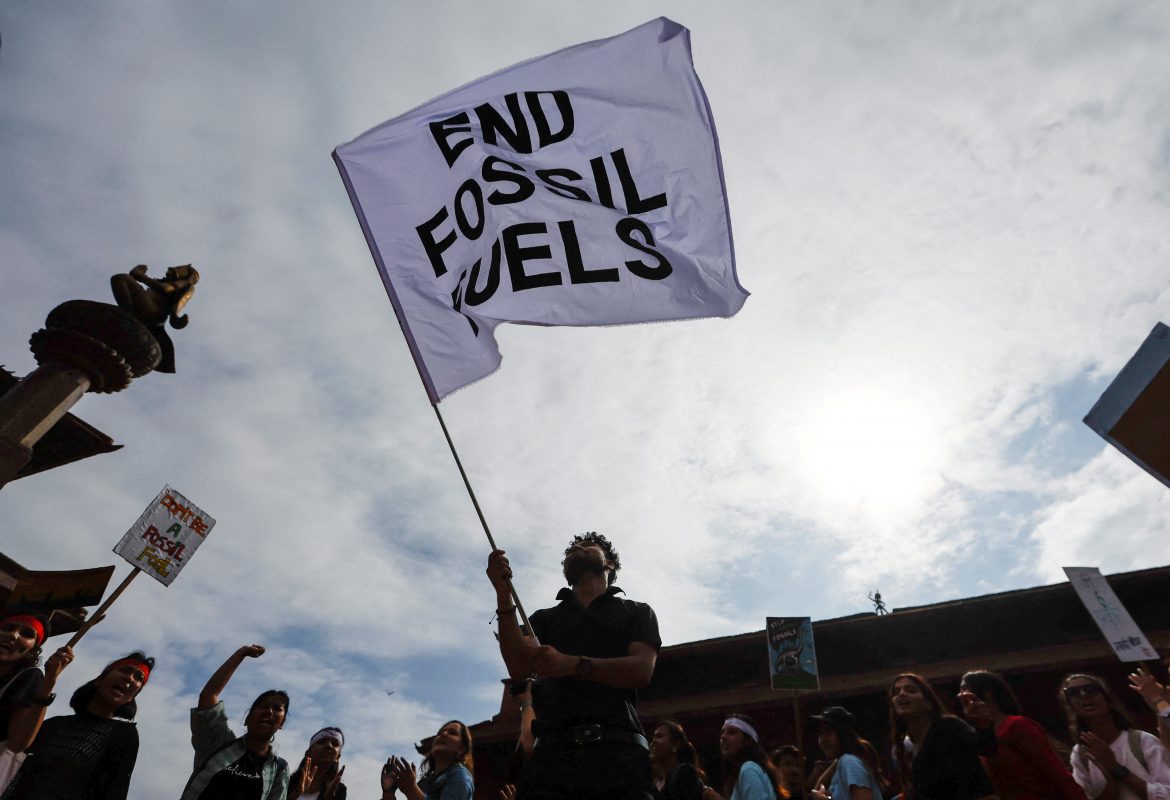The Nigerian government has said that it is not in support of calls to phase-out fossil fuels.
The subject of fossil fuel phase out emerged as one of the most topical at the ongoing United Nations Climate Change Summit in Dubai, UAE.
In his reaction to the call, Ishaq Salako, Nigeria’s Minister of State for Environment said “It is unacceptable to ask Nigeria or Africa to phase out fossil fuels,”.
The Minister compared the clamour for phasing out of fossil fuels to asking a sick patient to breathe without life support.
The Nigerian economy heavily depends on Fossil fuels which are responsible for over 75 per cent of GreenHouse Gas (GHG) emissions that cause climate change.
At the Climate Change conference, parties need to reach a consensus. On Sunday’s first draft text of the Global Stocktake (GST), countries were asked to phase out fossil fuels. It met several pushbacks from OPEC and Nigeria.
Gabriel Aduda, who is the Permanent Secretary at Nigeria’s Ministry of Petroleum Resources, took to X (former Twitter), saying, “Section 35(c,d,e) of the draft COP28 GST Negotiations are a NO – NO… We all must say NO to the politics of climate change that seeks to phase out funding and development-related issues of fossil fuels.”
Read also: COP28 leaders agree to ‘transition away’ from fossil fuels
In a separate post, he noted that fossil fuels, particularly natural gas, are crucial for sustainable development, and the focus (of COP28) should be on reducing emissions from fossil fuels, not phasing down or out.
Further negotiations and modifications saw the tweaking of the text’s language on Monday. But scientists insist it is impossible to limit global temperature rise to 1.5 degrees Celsius, as called for in the 2015 Paris Agreement, without eventually eliminating the use of fossil fuels.
On Tuesday, Mr Salako told journalists that science is “one-sided.”
“You cannot do science without looking at the socio-economic implications,” he said adding that if the developed world is asking for a phase-out of fossil fuels, they should give countries like less-privileged countries like Nigeria the socio-economic guarante for their stability, sustainability, their economic viability, and ability to avert coups.
Story was adapted from Premium Times.
